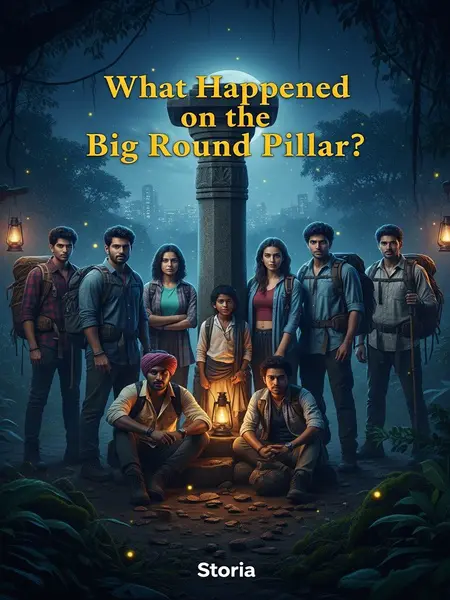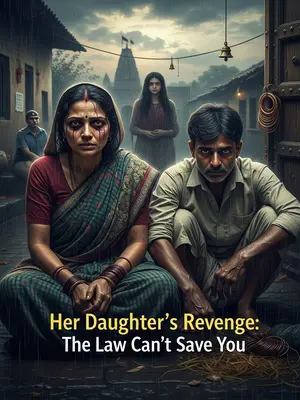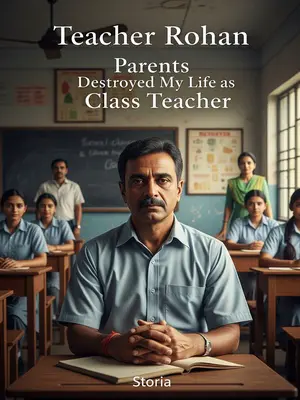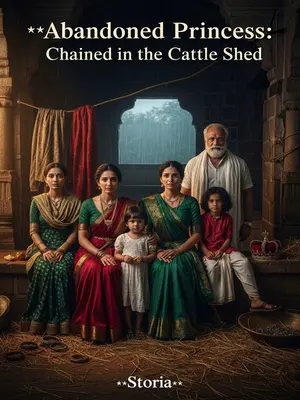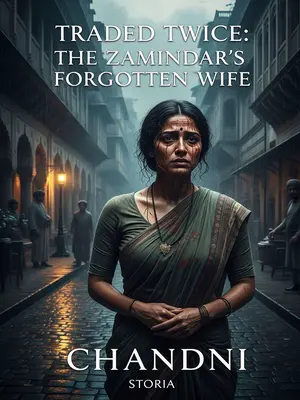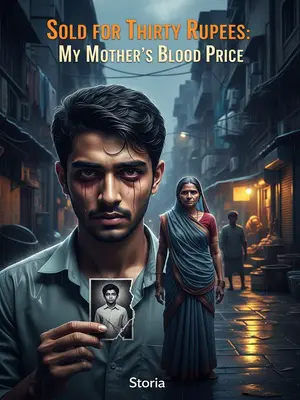Chapter 8: Sunrise, WhatsApp Jokes, and a New Day’s Trek
The next morning, everyone got up to watch the sunrise—except Boss Nair, who wouldn’t wake up no matter how they called him. Someone snapped a photo of Boss Nair snoring, threatening to send it to the group’s WhatsApp with the caption: “Sleeping beauty of Konda Hill.” The others joked about why he slept so soundly. Deepa said it was because heaven is fair—if you sleep well, you lose out elsewhere.
Morning brought new energy. The sky blushed pink, birds called out, and someone made instant coffee on a small gas stove. Only Boss Nair snored on, blanket covering his face. The others teased him, tossing pebbles and jokes in equal measure. “Utho, Raja Babu!” someone laughed. Even the hills seemed to giggle along.
Everyone asked what you lose.
They crowded around Deepa, eager for her verdict. “Bolo na, kya khoya?” The sun was barely up, but the game had already begun.
Deepa giggled, “The better you sleep, the worse you are in that department.”
Her laughter rang out like a temple bell—sharp, teasing, impossible to ignore. The men exchanged glances, some turning red, some pretending not to care.
The men suddenly got it, while the women looked unimpressed.
There was an awkward silence, quickly broken by Meera’s eye-roll and Riya’s sigh. Priya just yawned, as if the whole conversation was beneath her notice. But I could see the spark in her eyes—a secret joke meant only for herself.
Deepa added, “Don’t believe me? Try it if you get the chance.”
Her challenge hung in the air, as bold as the sun rising over the ridge. For a second, I thought someone might actually take her up on it.
Meera and Riya quickly waved their hands, surrendering. Priya chimed in, “Who’d want to try? He’s so fat, it’s gross.”
The words were sharp, delivered with a laugh, but I knew the truth hiding behind them. In India, we learn early to play roles—to say one thing, feel another. Priya’s mask was firmly back in place.
I felt dizzy. The image of Priya in stockings, opening the tent and kissing Boss Nair, was still fresh in my mind, but now she was acting like a saint.
The world spun a little. I realised then—everyone was acting, pretending. Out here, the lines between real and fake blur until even you forget what you believe.
Today’s schedule was packed—the longest day of the trek. We had to cross Konda Hill, where Champa Rock was, then five kilometres of dense forest, then rushing streams and waterfalls, and finally reach Mango Grove, tonight’s campsite.
I checked my watch, then the route map. The sun was already climbing, the air sticky with the promise of sweat. My cousin was cheerful, whistling an old Kishore Kumar tune as he counted the water bottles.
Even for locals like my cousin and me, it would take at least five hours. With an eight-person group, men and women, plus a big guy like Boss Nair, it would take at least twice that.
We packed extra ORS, salt, and glucose biscuits. Someone insisted on carrying an emergency kit with Dettol, just in case. In our heads, we calculated not just the distance, but the patience needed for every selfie stop and chai break.
So even if we made it to Mango Grove today, it’d be nightfall.
I checked the sun’s angle, did the maths in my head. Even with no breaks, we’d only just make it before dark. With this group? Impossible. Still, my cousin just smiled, as if he knew a shortcut through time itself.
Ten hours of mountain hiking—who’d still have the energy to buy one-hundred-rupee condoms? I wondered why my cousin had arranged the route like this.
The thought made me snort with laughter. Who knew what these city people would need after ten hours of sweat and leech bites? But my cousin was no fool. He knew exactly when to slow down, when to let desires simmer.
Boss Nair only got up to pack at the last minute, skipping breakfast to catch up, complaining about not being called.
He shuffled around, looking for his lost socks, belly jiggling with every step. The women rolled their eyes, the men ribbed him, but Boss Nair just grinned, scratching his head. Some people are born to be forgiven.
Deepa shot back, “Sleeping so well is a blessing. You’ve got nothing to worry about.”
Her words were gentle, but the laughter behind them was sharp. Boss Nair grinned wider, accepting the joke like a badge of honour.
Everyone laughed, and Boss Nair laughed along.
His laughter echoed through the valley, blending with the call of a distant koel. Even the ants seemed to pause, listening.
I walked at the back, watching Deepa and Boss Nair walking side by side, close together. Honestly, I thought they were a couple.
They talked in low voices, sharing jokes, sometimes bumping shoulders. From the outside, they looked like old friends, maybe more. In India, such things are rarely spoken of, but everyone notices.
By noon, I realized something was off.
The sun beat down harder, sweat trickled down my back. We’d barely moved a few kilometres, and already, the group was tired, stopping for water every twenty minutes. My cousin kept glancing at his watch, but never hurried anyone.
Four hours had passed, and we’d covered less than a tenth of the way.
I checked the map again, heart sinking. At this rate, we’d be lucky to reach halfway before dark. Still, nobody complained. City life teaches you to chase time; the hills teach you to let go.
We passed around packets of Parle-G and Frooti, Meera complaining, “Next time, we bring Maggi, okay?” My cousin acted clueless about the route, stopping every few steps for everyone to rest, take photos, and snack on samosas and Frooti.
He posed for selfies, pointed out imaginary wildlife, and encouraged every detour. The samosas, still warm from the morning, disappeared quickly, washed down with sticky-sweet Frooti. Someone brought out banana chips, and suddenly it was a picnic, not a trek.
At this rate, we wouldn’t reach Mango Grove even by tomorrow night.
The group was in no hurry, content to take life one step at a time. The forest seemed to approve, wrapping us in its slow, green embrace.
At lunch, I pulled my cousin aside and brought it up.
I found him by a stream, washing his hands. “Bhaiya, what’s the plan? We’ll never reach by tonight.” He only smiled, flicking water at me like a mischievous uncle.
Unexpectedly, he didn’t care at all. He just told me to follow his lead and not worry about anything else.
He patted my back. “Tension mat le. Just keep them happy, everything else will work out.” His voice was calm, almost lazy. For a second, I wondered if he was wiser than I’d realised.
I didn’t get it. I chewed my dry roti, doodling in the dirt. At this pace, we’d only just leave Konda Hill by evening and reach the edge of the forest—a tangle of rough hills and wild animals, maybe even snakes or leopards.
The rotis tasted of home—rough, simple, carrying the memory of Ma’s kitchen. I thought of the city folks’ sandwiches and protein bars, and smiled. Out here, hunger has its own language. My cousin whistled, tuning out my worry.
But seeing my cousin smiling and fussing over those eight people, I suddenly felt distant from him. I didn’t know how to handle guests, how to make them happy, or get them to spend money.
He was everywhere at once—refilling water bottles, cracking jokes, offering shoulders for tired arms. I watched him, feeling both proud and envious. He moved through the group like a conductor, every gesture tuned to someone’s need. I realised then—guiding was more than just knowing the path. It was knowing people.
